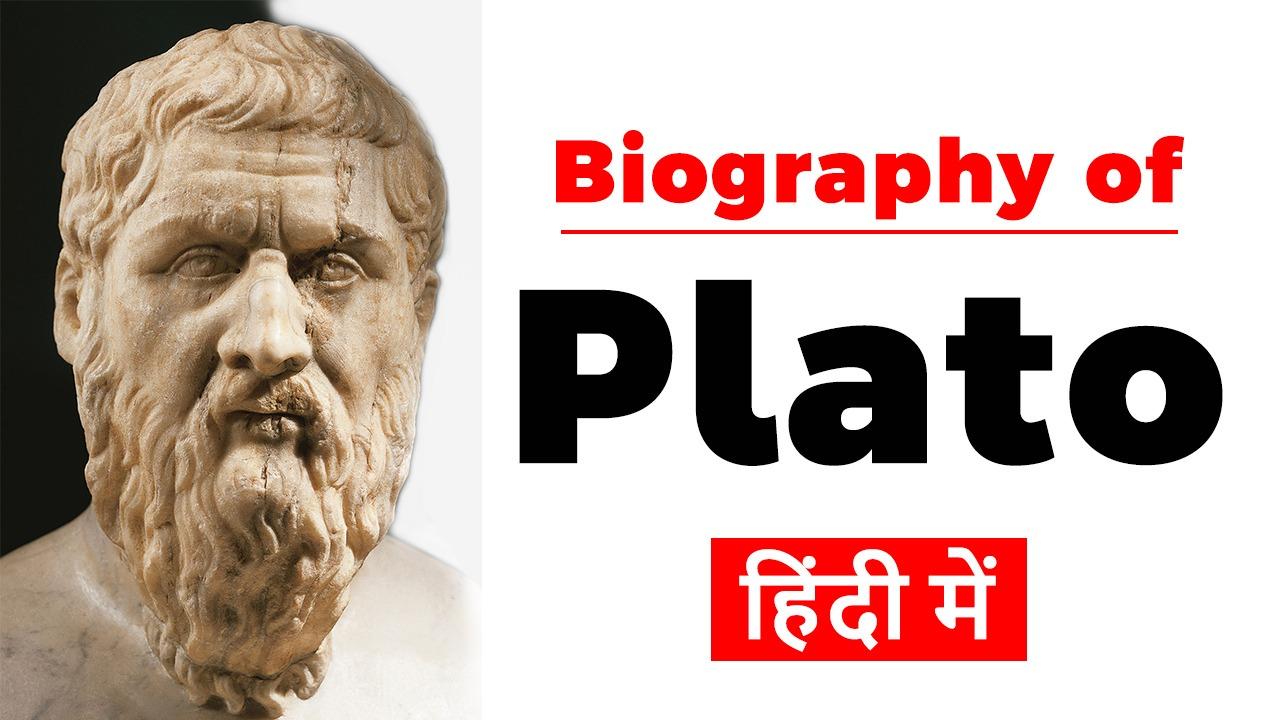Table of Contents
EARLY LIFE
- Due to a lack of primary sources from the time period, much of Plato’s life has been constructed by scholars through his writings and the writings of contemporaries and classical historians.
- Traditional history estimates Plato’s birth was around 428 B.C.E., but more modern scholars, tracing later events in his life, believe he was born between 424 and 423 B.C.E.
- Both of his parents came from the Greek aristocracy. Plato’s father, Ariston, descended from the kings of Athens and Messenia. His mother, Perictione, is said to be related to the 6th century B.C.E. Greek statesman Solon.
PLATO
- As with many young boys of his social class, Plato was probably taught by some of Athens’ finest educators. These probably helped develop the foundation for Plato’s study of metaphysics (the study of nature) and epistemology (the study of knowledge).
- Plato’s father died when he was young, and his mother remarried her uncle, Pyrilampes, a Greek politician and ambassador to Persia.
- Plato is believed to have had two full brothers, one sister and a half brother, though it is not certain where he falls in the birth order.
PLATO
- As a young man, Plato experienced two major events that set his course in life. One was meeting the great Greek philosopher Socrates.
- Socrates’s methods of dialogue and debate impressed Plato so much that he soon he became a close associate and dedicated his life to the question of virtue and the formation of a noble character.
- The other significant event was the Peloponnesian War between Athens and Sparta, in which Plato served for a brief time between 409 and 404 B.C.E. The defeat of Athens ended its democracy, which the Spartans replaced with an oligarchy.
PLATO
- After the oligarchy was overthrown and democracy was restored, Plato briefly considered a career in politics, but the execution of Socrates in 399 B.C.E. soured him on this idea and he turned to a life of study and philosophy.
- After Socrates’s death, Plato traveled for 12 years throughout the Mediterranean region, studying mathematics with the Pythagoreans in Italy, and geometry, geology, astronomy and religion in Egypt.
PLATO
- The first, or early, period occurs during Plato’s travels (399-387 B.C.E.).Plato attempts to convey Socrates’s philosophy and teachings.
- In the second, or middle, period, Plato writes in his own voice on the central ideals of justice, courage, wisdom and moderation of the individual and society. The Republic was written during this time with its exploration of just government ruled by philosopher kings. • In the third, or late, period, He explores the role of art, including dance, music, drama and architecture, as well as ethics and morality.
PLATO
- Sometime around 385 B.C.E., Plato founded a school of learning, known as the Academy, which he presided over until his death.
- Plato hoped the Academy would provide a place for future leaders to discover how to build a better government in the Greek city-states.
- The circumstances surrounding his death are clouded, though it is fairly certain that he died in Athens around 348 B.C.E., when he was in his early 80s. IDEAS 1. Think more 2. Let your lover change you 3. Decode the message of beauty 4. Reform society
THE FORMS
- “Platonism” and its theory of Forms (or theory of Ideas) denies the reality of the material world, considering it only an image or copy of the real world.
- According to this theory of Forms there are at least two worlds: the apparent world of concrete objects, grasped by the senses, which constantly changes, and an unchanging and unseen world of Forms or abstract objects, grasped by pure reason.
- It can also be said there are three worlds, with the apparent world consisting of both the world of material objects and of mental images, with the “third realm” consisting of the Forms.
POLITICS
- Socrates asserts that societies have a tripartite class structure corresponding to the appetite/spirit/reason structure of the individual soul. The appetite/spirit/reason are analogous to the castes of society.
- Productive (Workers) – the laborers, carpenters, plumbers, masons, merchants, farmers, ranchers, etc. These correspond to the “appetite” part of the soul.
- Protective (Warriors or Guardians) – those who are adventurous, strong and brave; in the armed forces. These correspond to the “spirit” part of the soul.
- Governing (Rulers or Philosopher Kings) – those who are intelligent, rational, self-controlled, in love with wisdom, well suited to make decisions for the community. These correspond to the “reason” part of the soul and are very few.
Biography Free PDF

























 WhatsApp
WhatsApp